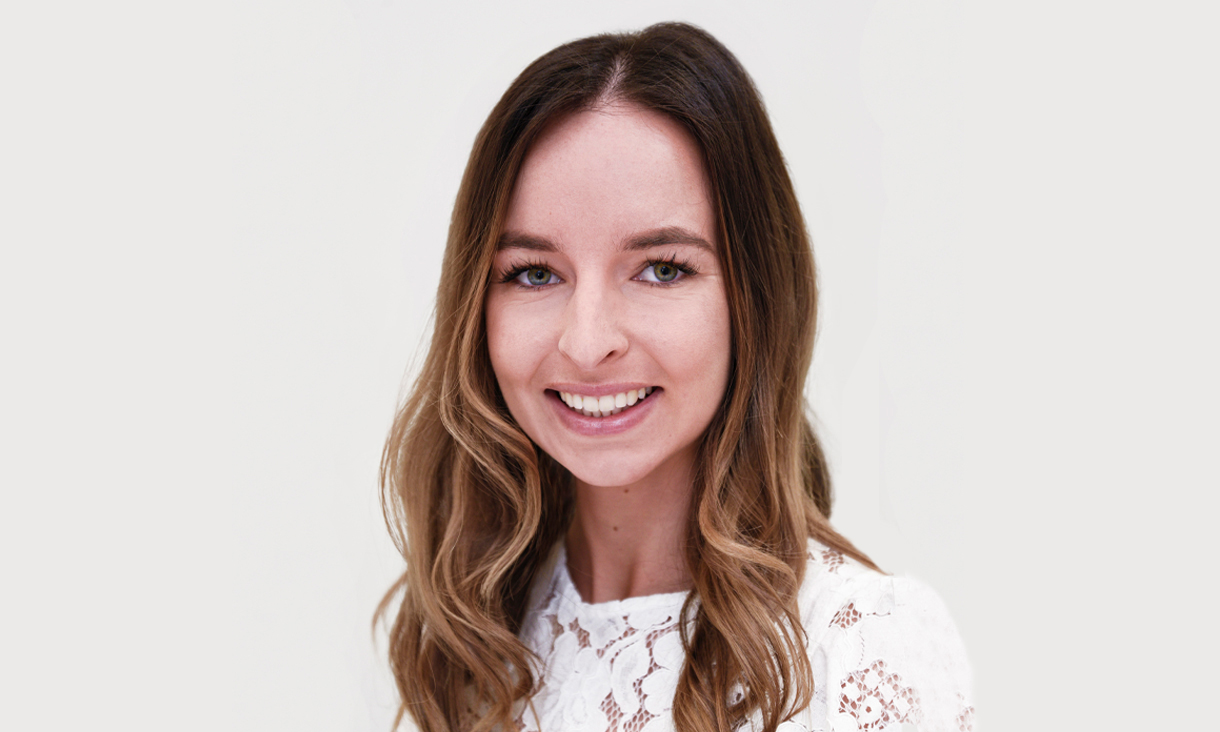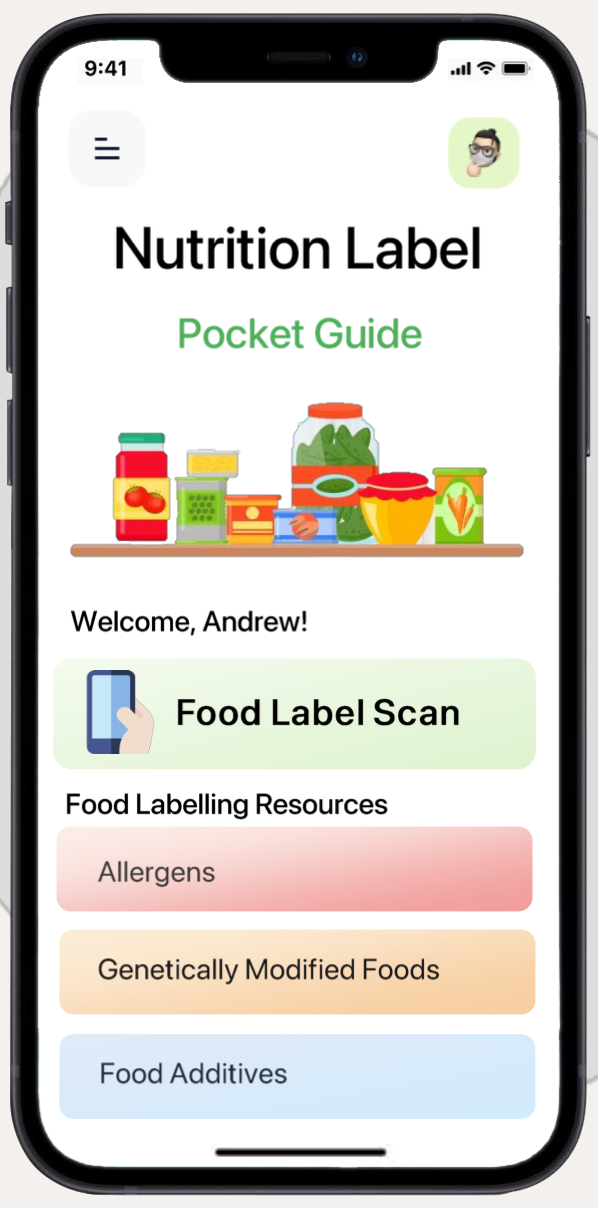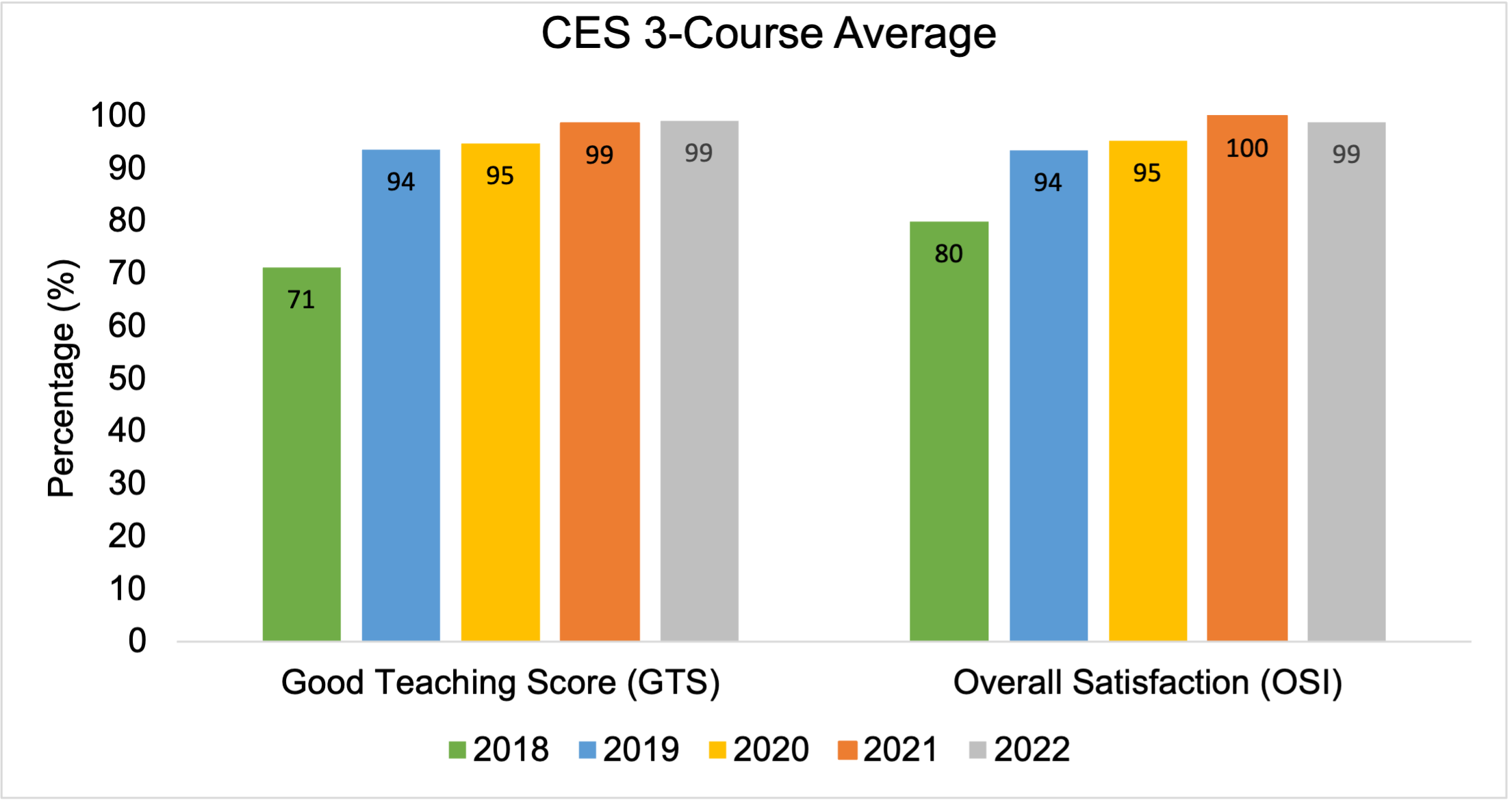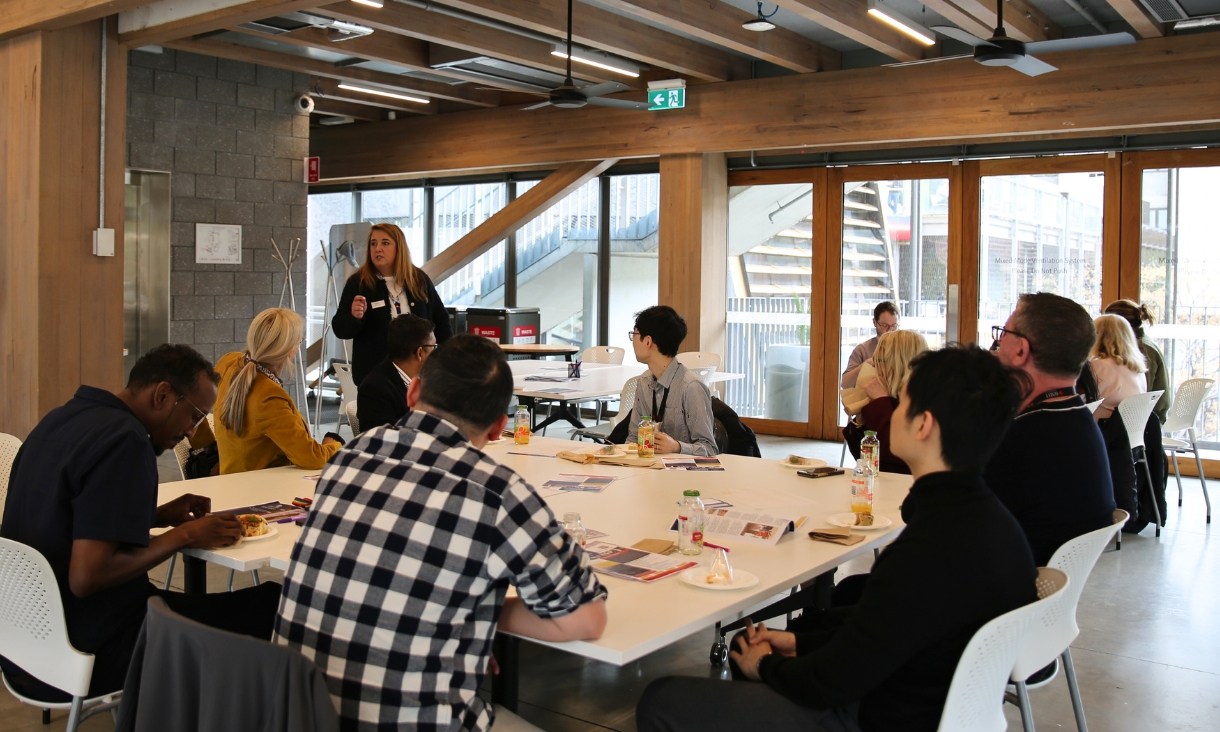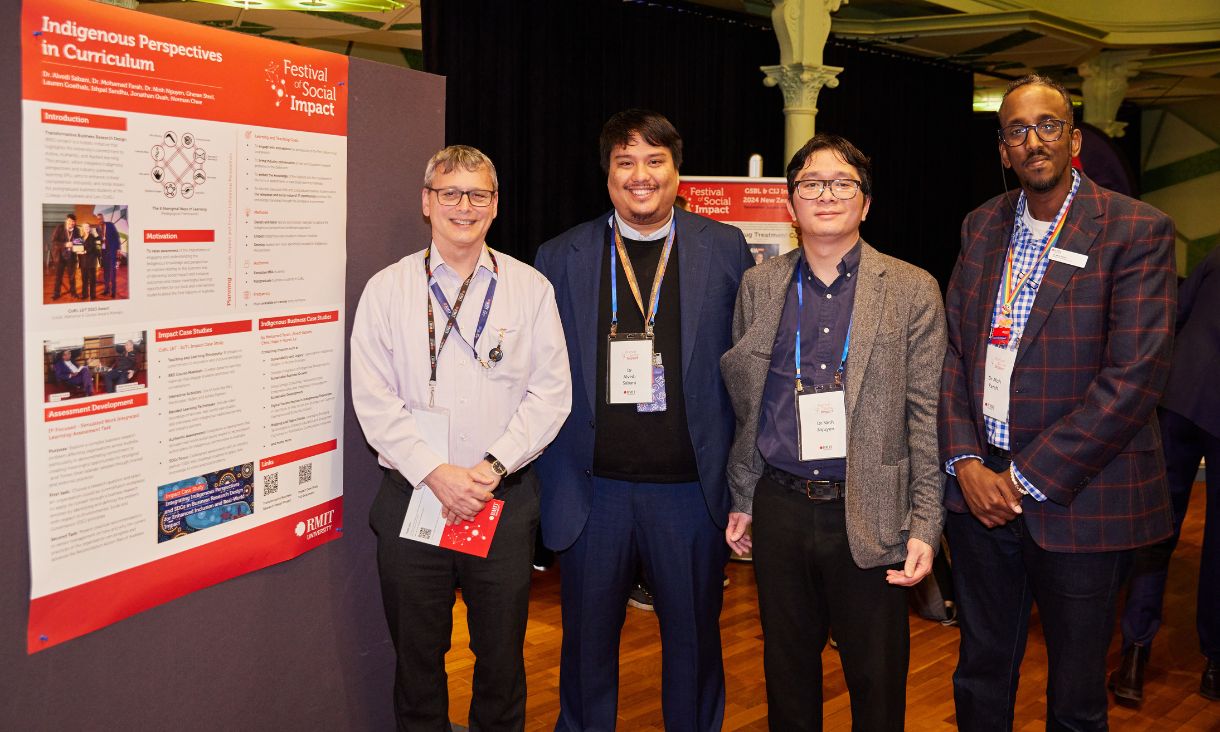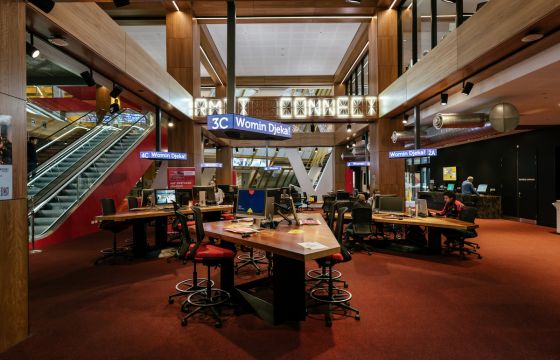Educators of the future: evolving capabilities of education focused academics at RMIT University
As the landscape of higher education in Australia and internationally evolves, the role of educators becomes increasingly pivotal to progressing innovation, transformative pedagogies, navigating education challenges and opportunities such as generative AI to support student success in their learning and future careers.
Fashion education for the future: Equipping students with skills for future employment through interdisciplinary learning
The School of Fashion and Textiles is collaborating with finance, engineering and global urban sciences to expand fashion students' knowledge and help them build sustainable and successful careers in the fashion industry.
Postgraduate business studies revitalised with inclusion at heart
The Business Research Design course has undergone a significant redesign, transforming it from a research pathway course to one that ensures social impact and inclusive practice are integrated throughout the learning experience.
In Conversation - Open education and copyright
Copyright is a crucial but often mystifying element of open education. Here, RMIT’s Deputy General Counsel explains copyright and the role it plays in relation to open educational practices.

